Delaware Votes – Unanimously – to Keep Safe Yielding Law that Reduced Bicycle Crashes
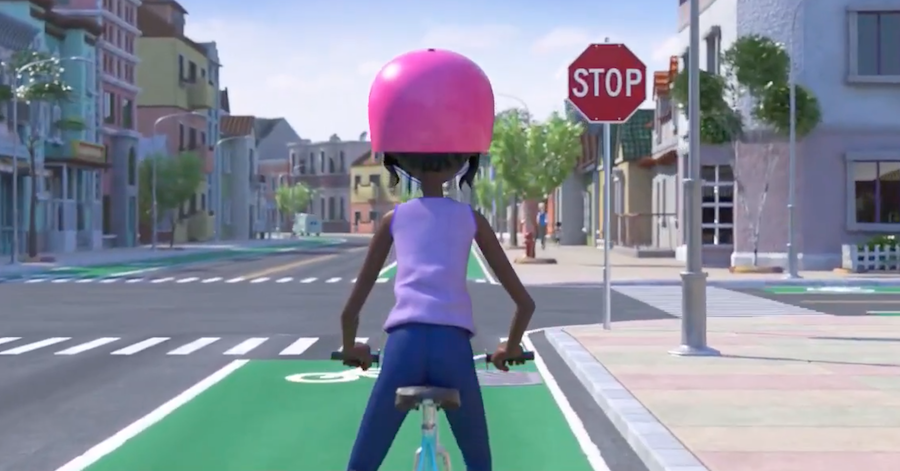
On the very last day of its 2021 legislative session, the Delaware Senate voted unanimously to make Delaware’s safe yielding law permanent. Following a similar unanimous vote by the Delaware House of Representatives on June 17th, the bill now heads to Governor Carney.
* Update* On September 17, 2021, Governor Carney signed the bill making HB 121 permanent.
Delaware’s safe yielding law is often referred to as the “Delaware Yield.” It permits cyclists in Delaware to treat most Stop signs as Yield signs. The law does not grant a cyclist any preference over vehicles already in an intersection – she must yield to those vehicles – but it does permit her to slow down and proceed carefully through an intersection without having to come to a complete stop if it’s safe for her to do that.
The Delaware Yield first went into effect in 2017 as part of the Bicycle Friendly Delaware Act, which gave Delaware – according to BikeLaw – the most pro-bike Rules of the Road in America. But at the request of the Delaware State Police, the 2017 legislation included a “sunset provision” that would have automatically ended the Delaware Yield later this year. The police asked for that sunset provision because at the time only one other state – Idaho – had a safe yielding Rule of the Road for bicycles and the police wanted the law to automatically expire if it turned out that crashes involving bicycles at stop sign intersections increased after the law’s enactment. (Not only did such crashes not increase, they actually decreased by over 20%.)
Representative Larry Mitchell and Senator Dave Sokola were the prime sponsors of the Bicycle Friendly Delaware Act and this powerful legislative duo returned to finish the work they started by removing the sunset clause created in their original bill. Representatives Paul Baumbach, Gerald Brady, Ruth Briggs King, William Bush, Debra Heffernan, Larry Lambert, Sean Matthews and Ed Osienski and Senators Sarah McBride and John Walsh joined them as co-sponsors.

The first safe yielding law was enacted by Idaho in 1982 (and became known as the Idaho Stop). Inspired by Idaho, over the next 35 years numerous states tried (often repeatedly) and failed to duplicate Idaho’s law. It took Representative Mitchell and Senator Sokola to finally break that 35-year losing streak in 2017. Once Delaware showed it could be done, however, it broke a logjam. In the 4 years since, six other states – Arkansas, Oregon, Washington, Utah, North Dakota and Oklahoma – quickly followed in Delaware’s footsteps. There are now eight states with statewide Delaware Yield rules (cyclists may treat stop signs as yield signs) and three states that have both the Delaware Yield and the Idaho Stop (cyclists may treat red lights as if they are stop signs). Interestingly – at least for now – Delaware remains the only state east of the Mississippi with either of these pro-bike rules.
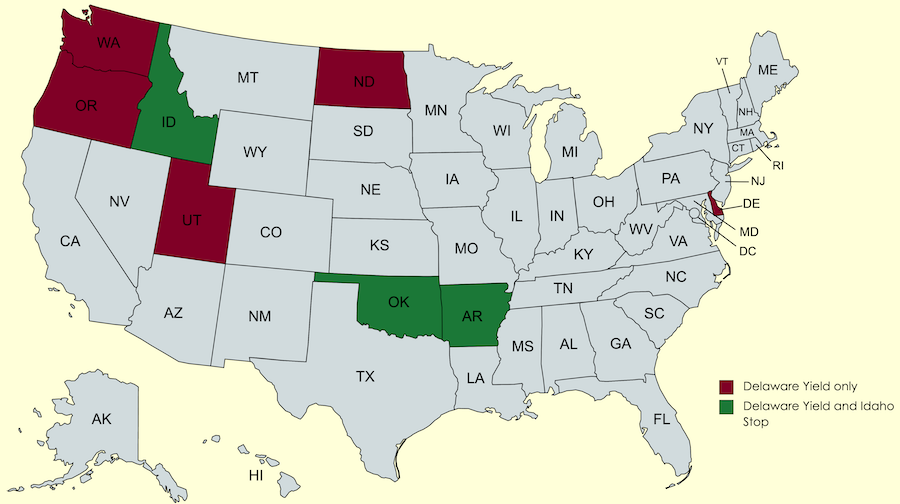


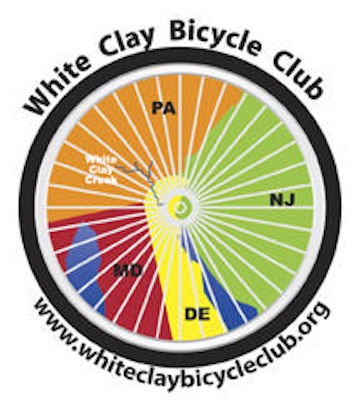
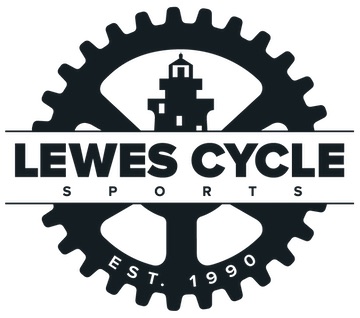


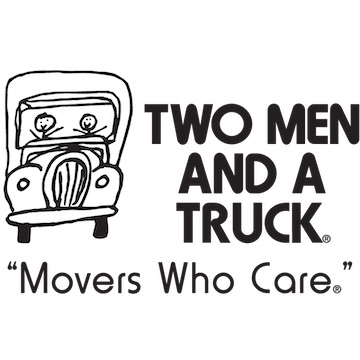


2 Responses
I found this the clearest, most straightforward explanation of the Delaware Yield and Idaho Stop I’ve seen. As a longtime Idaho resident and cyclist, I have personal experience that the Idaho Stop is safe and improves traffic flow, not to mention saving time and energy for the cyclist.
I just read the Delaware cycling law, and the thing Delaware has that Idaho does not is a better description of traffic-lane travel for cyclists. I think Idaho needs to adopt that language and get rid of the “As Far to the Right as Practicable” language.
Matthew,
Thank you for your comments. The Bicycle Friendly Delaware Act (2017) changed a few things (Delaware Yield, Must change lanes to pass, No honking), but, as you note, clarified some other vague items, like position in lane and 2-abreast riding. One key piece is the 4-part combo that all fit together neatly: Eliminate AFRAP; Must change lanes to pass; No honking; 2-abreast riding is OK.